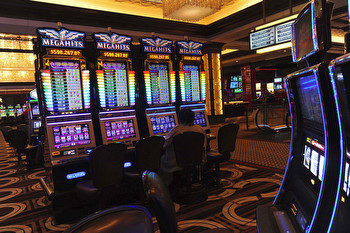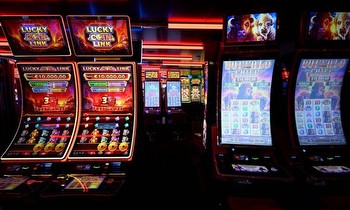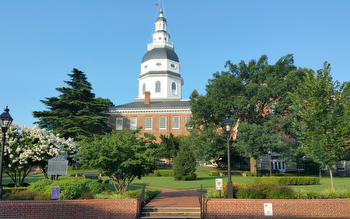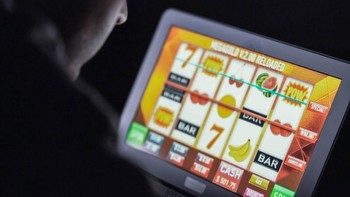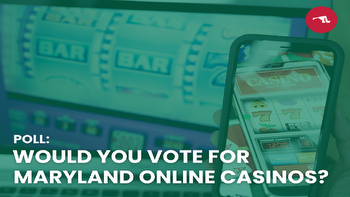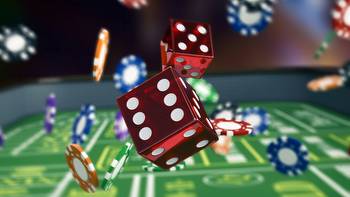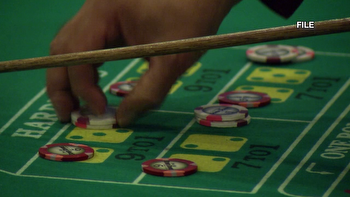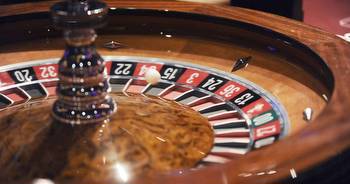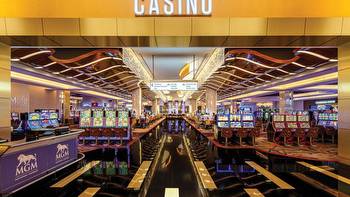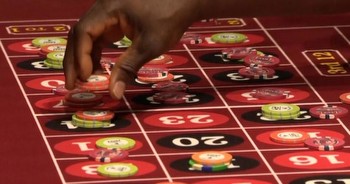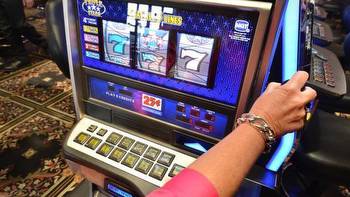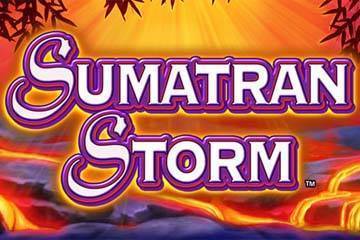Maryland lawmakers propose legalizing online casino gambling with some pushback

BALTIMORE - A renewed push to legalize online casino gambling is making its way to the Maryland General Assembly.
Lawmakers say bringing casino table games online could bring in millions of dollars to the state.
While the benefits would be that it brings in money, some say they're worried it will only make the gambling addiction in Maryland worse.
Senate Bill 603 is a bill aimed at legalizing online poker and casino games.
It would allow the state's six land-based casinos to partner with online gambling operators.
The bill, which would bring slots, poker and other table games to the comfort of your home, is backed by Senator Ron Watson.
"It is 24 hours a day where anybody who wants to play they can play," Watson said.
Watson has been working on this bill for three years. He's hoping it makes it through this time.
If approved, Watson says, it will allow casinos to reach new customers, get rid of table limits, and bring in more than $300 million to the state
Watson also says that technology will allow them to track, and help, those with a gambling addiction.
"We can block somebody's account, give them a cool-off period," Watson said. "We can also have an external operator asking them if they need any help or assistance."
But the bill is getting some pushback from constituents.
Some Marylanders say gambling at your fingertips may not be a good idea.
"They'll be home gambling their whole paycheck away," said Dona Wiggins.
"I think it's exciting at one point, but I think it's really dangerous," Jeff Lewas added.
However, others say they hope the bill gets approved.
"Yeah, it would be easier, you can do it from the comfort of your home," said Tico Bryan.
The proposal comes with a 47% tax rate on online gaming revenue, which Watson says casinos can afford.
A local group did a survey of 1,000 Marylanders, all with different backgrounds, and about 75 percent of them say they want to see online table gaming legalized.
This bill will now go before the Maryland Senate next week.










